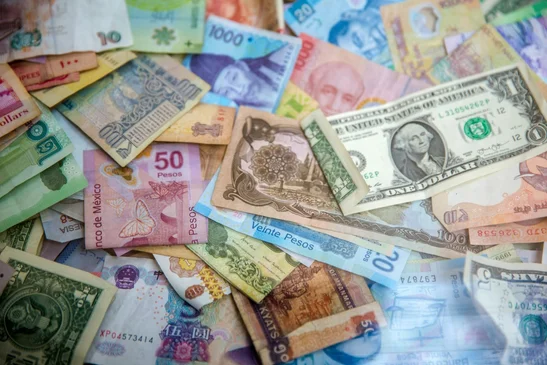
The old adage goes something like, “I came to Phuket on vacation and never left.” Many an expat has a story that starts like this, and usually for a few reasons including finding love, falling in love with the island, or discovering an opportunity…or all three! Even the oldest mention of Phuket in written records discussed the opportunities on the island in the form of trees for ship masts, tin, and trading for other resources.
As the opportunities themselves may have changed, the possibilities of finding them have not. Sure, nowadays technology allows some expats to work remotely, but many choose to try their hand at starting a business in Phuket. There’s no doubt that it can be a rewarding endeavor, but it’s important to know what you're getting yourself into before you go that route.
Common Misconceptions
Probably one of the most common reasons behind expat business failures in Phuket is just simply bad judgment. One example is not living here long enough to understand the business landscape. In the “honeymoon phase” – the first year of life on the island – everything is fresh, exciting, and people tend to see what they want to see. Island life seems easy and with the millions of tourists, success seems inevitable. Having a limited understanding of seasonal differences, traffic patterns, and cultural complexities can quickly lead to a failed business endeavor.
Underestimating the difficulty and competitiveness of the business environment is another aspect often overlooked. A restaurant or bar is the most cliche idea in Phuket, however, the right theme, in the right location, with the right management and a sprinkle of luck just might be wildly successful. If you have a more original concept it’s likely to fit into more of a niche market. You might understand the market in your home country, but do you have the knowledge of the local market in Phuket?
Another important detail often misjudged is that starting and operating a business in Phuket is going to be inexpensive. After all, it’s Thailand and everything is cheap here, right? Besides Bangkok, Phuket is the most expensive place in the country. There are many expenses to be factored including all the administrative costs in starting the company, obtaining your visa and work permit, paying for monthly accounting services and yearly balance sheet, paying salary to the four Thai employees you have to employ for each work permit, monthly social welfare payments, taxes, etc. Rent for commercial properties in desirable areas has skyrocketed recently and you may have to pay “key money” to secure a contract. If your business does well during your rental contract, it’s common practice for the landlord to take note and raise rents significantly.
That being said, this isn’t to dissuade anyone from pursuing their business aspirations in Phuket. There’s a burgeoning population, plenty of development, and a promising future for the island. However, it’s important to not make the same avoidable naive mistakes many have already made. Do your homework, talk with other business owners, and be confident you’re making sound decisions before investing in a business in Phuket.



















